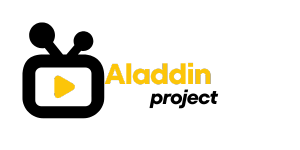
Chappell Roan has known as out the troll on an Instagram Story submit. (Getty)
Chappell Roan has had one of the best response to somebody calling out “new pop girlies” on-line for allegedly utilizing the phrase homosexual “for clout”.
The queer singer-songwriter took to Instagram on 3 September to share the tweet—the username of which Roan scrubbed out—which learn: “Anyone else observed that these new pop girlies are utilizing the phrase homosexual in almost all their songs for clout? It’s getting boring.”
Whereas the nameless social media person didn’t identify the Midwest Princess Tour performer within the social submit, Roan de-railed the seemingly homophobic submit.
The “Good Luck, Babe!” singer shared the tweet to her Instagram story and easily responded: “I laughed so onerous at this.”

The queer icon made main waves earlier this yr after delivering a gloriously sapphic efficiency at Coachella. She rapidly cemented herself as “your favorite artist’s favorite artist” and earned shout-outs from the likes of Woman Gaga, Sir Elton John, and Adele.
A lot of Roan’s music is unabashedly queer and resonates with LGBTQ+ followers for its specific lyrics on points that the neighborhood typically navigate, like preventing for acceptance, discovering your home on the planet, and queer pleasure and love.
The success of her music has earned Roan the file for the most important crowd ever at Lollapalooza Chicago, in addition to surging demand for her tour.
Different “new pop girlies” embody out lesbian singer and actress Reneé Rapp, sapphic icon Billie Eilish, in addition to out bisexual singer-songwriter Victoria Monét, to call however just a few.
A few of Rapp’s iconic lyrics embody “Can a homosexual woman get an ‘amen’?”, whereas Eilish has a whole track on her new album Hit Me Exhausting and Smooth devoted to oral intercourse with a lady.
In the meantime, Monét’s 2019 observe Monopoly that includes Ariana Grande options the lyrics, “I swerve each methods, dichotomy / I like men and women”.
Because the star stated, “music has been a playground for sexuality”, and why shouldn’t it’s? In any case, music is an extension of an artist’s self-expression and identification.


